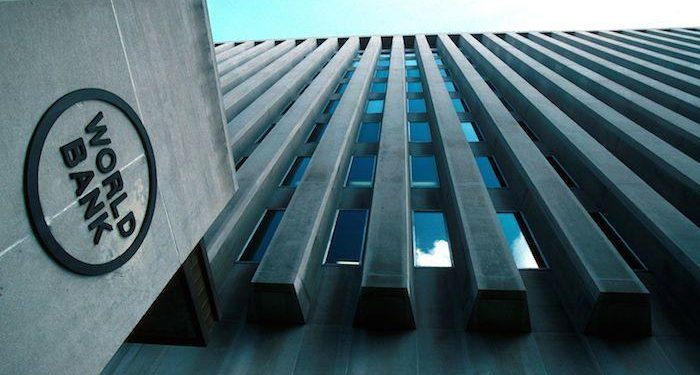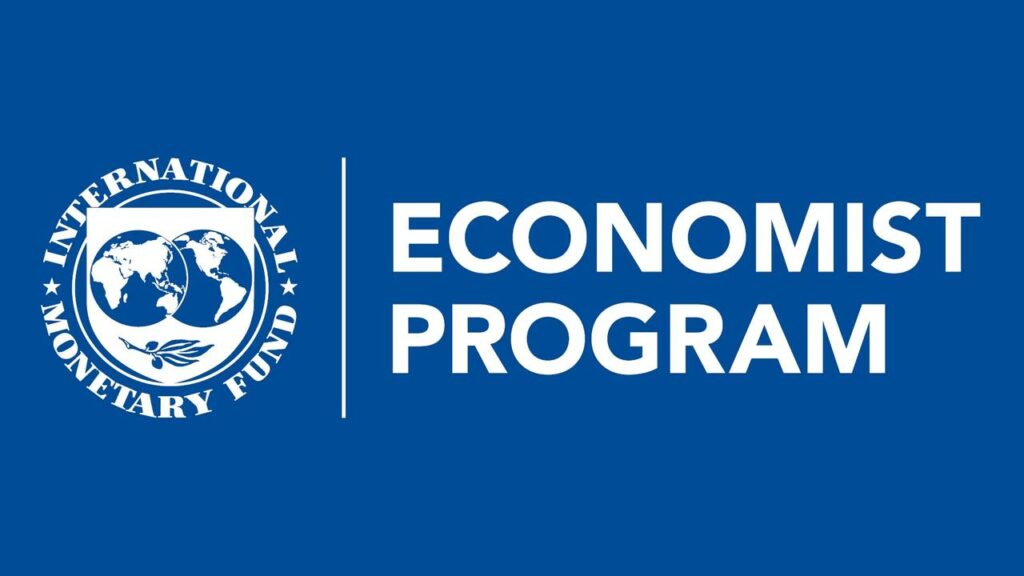The World Bank and the International Monetary Fund (IMF) have urged the Central Bank of Nigeria (CBN) to stay committed to its inflation control efforts, as Nigeria’s inflation rate rose to 34.8% in December from 33.6% in November.During a panel session, Sameer Matta, Senior Economist for Nigeria at the World Bank, emphasized the importance of the CBN’s focus on managing inflation. “It is critical to stay the course on inflation control. The Central Bank must continue to ensure that inflation is kept in check,” Matta stressed.Matta also called for improvements on the supply side, such as boosting agricultural productivity and strengthening connections between rural and urban areas. He suggested reassessing trade policies, particularly by focusing on specific sectors and adjusting tariffs as needed.Highlighting the cost of inaction, Matta noted that fuel and foreign exchange subsidies each account for 2% of Nigeria’s GDP, totaling 5%, which he considered excessively high.He likened the needed reforms to tough medical decisions, underlining the importance of continuing social protection programs, including cash transfers, to support vulnerable populations.Christian Ebeke, Nigeria’s representative at the IMF, reiterated the necessity of coordination between fiscal and monetary authorities in combating inflation. He commended the CBN and fiscal authorities for their coordinated efforts, which have alleviated inflationary pressures.Ebeke also stressed the importance of addressing the social impacts of reforms, such as fuel subsidy removal and Naira reforms, to safeguard vulnerable groups. He emphasized that fiscal policies must complement monetary efforts, and the need for robust social protection remains crucial.










